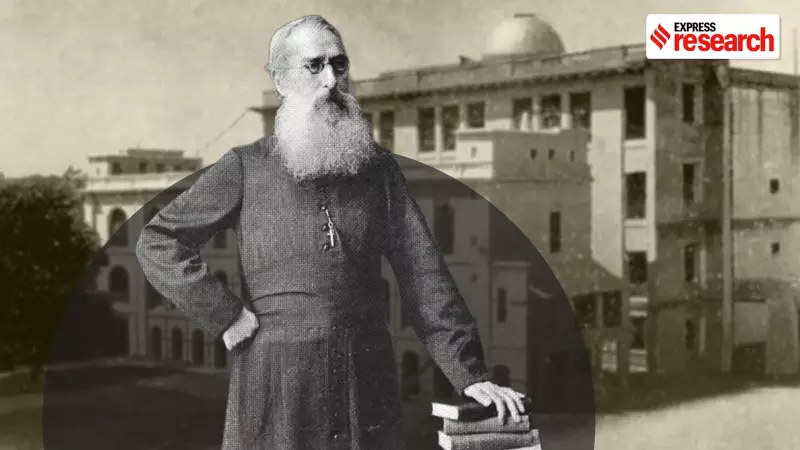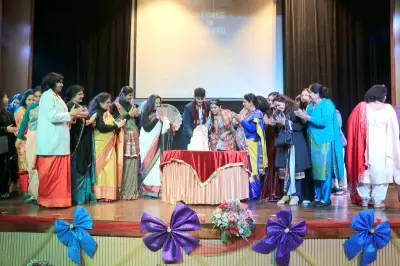
In the annals of Indian scientific history, one name has remained curiously absent from mainstream recognition—Father Pierre Johanns, a Belgian Jesuit priest whose intellectual contributions helped shape the very foundation of India's national science movement. While names like CV Raman and JC Bose dominate textbooks, this European clergyman's profound impact on Indian scientific thought deserves equal celebration.
The Unlikely Architect of Indian Scientific Thought
Arriving in India during the early 20th century, Father Johanns brought with him not just religious teachings but a revolutionary perspective on the relationship between science and spirituality. His work at St. Xavier's College in Kolkata became the breeding ground for what would eventually evolve into India's organized scientific movement.
What made Father Johanns extraordinary was his unique approach to bridging Western scientific methods with Indian philosophical traditions. He didn't see science and spirituality as opposing forces but as complementary paths to understanding universal truths.
Forging a New Scientific Identity for India
During the 1920s and 1930s, when India was grappling with both colonial rule and intellectual transformation, Father Johanns played a pivotal role in establishing scientific institutions that would nurture homegrown talent. His vision extended beyond mere knowledge transfer—he aimed to create an indigenous scientific ecosystem that could stand shoulder-to-shoulder with global research communities.
Through his writings and teachings, Father Johanns advocated for a scientific approach that respected India's cultural context while embracing modern methodologies. This balanced perspective resonated deeply with Indian intellectuals who were seeking to define their own scientific identity.
The Legacy That Time Almost Forgot
Despite his monumental contributions, Father Johanns' story remained largely confined to academic circles and specialized historical accounts. The reasons for this historical oversight are complex, involving both the nature of colonial-era record-keeping and the gradual erosion of institutional memory.
Yet his influence permeates through generations of Indian scientists who benefited from the foundations he helped establish. The scientific infrastructure and philosophical framework he contributed to continue to shape research and innovation in contemporary India.
Today, as India celebrates its scientific achievements on the global stage, rediscovering Father Johanns' story provides crucial context for understanding how the nation's scientific journey evolved. It serves as a powerful reminder that intellectual revolutions often have unexpected architects whose contributions transcend geographical and cultural boundaries.





